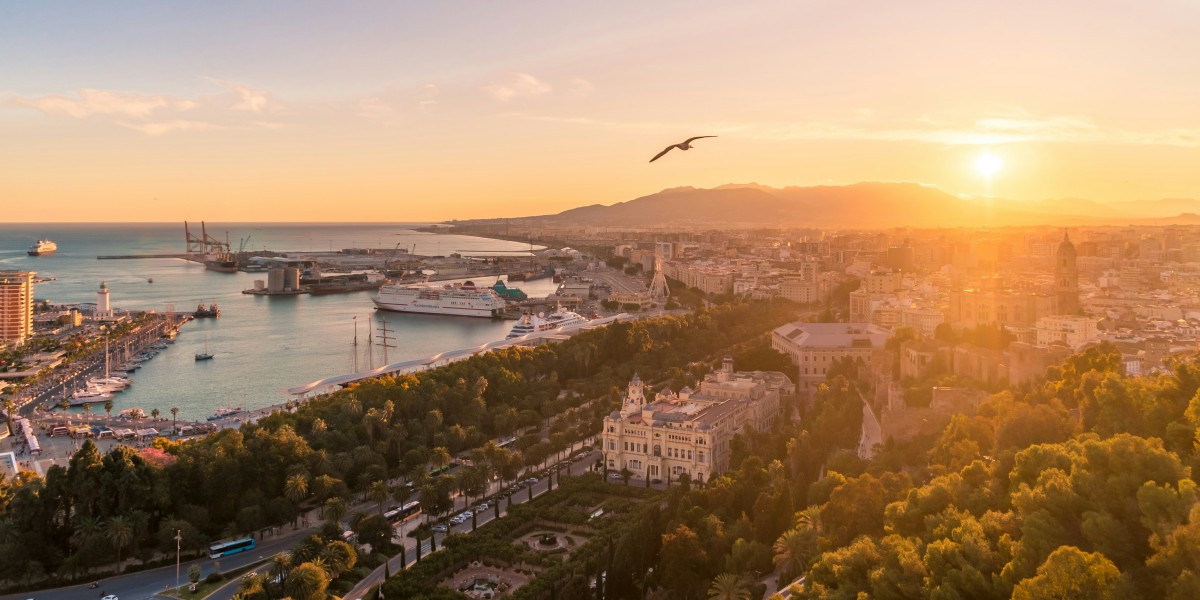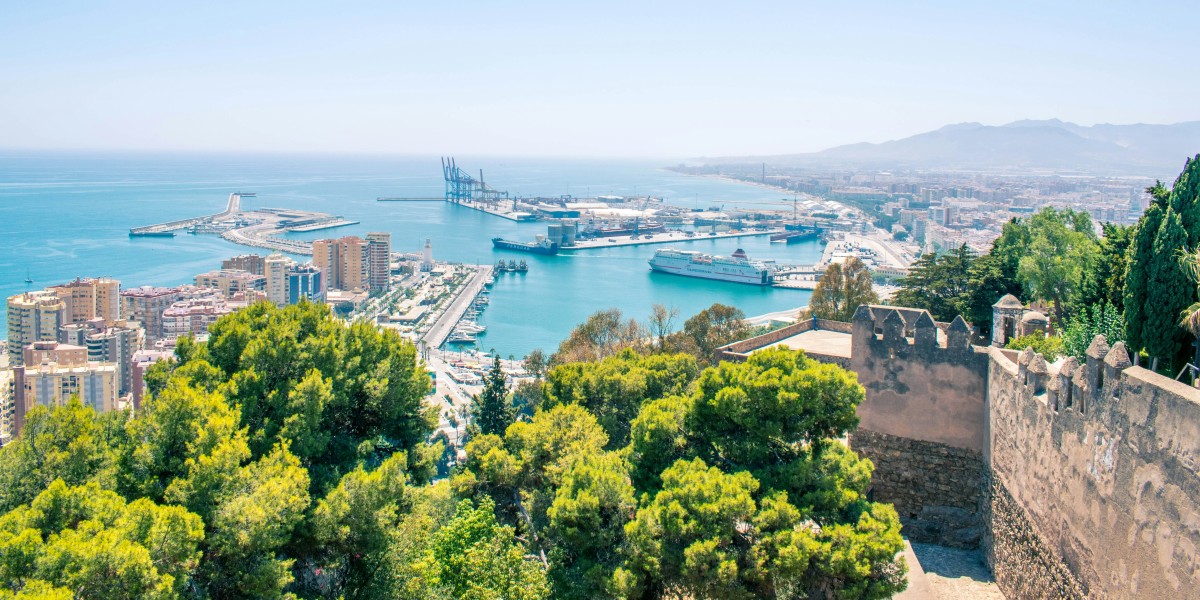
A buzzing city on Spain’s Costa del Sol, Malaga draws people from all over the world. Malaga’s warm climate, picturesque scenery and relaxed living make it an appealing destination for those considering relocation. Living in Malaga means sandy beaches and seaside relaxation, paired with a thriving arts scene and plenty of authentic eateries to while away the hours.
Is Malaga a nice place to live?
The city's mild Mediterranean climate, with over 300 days of sunshine per year, makes it ideal for outdoorsy types. Whether exploring the historic city centre or lounging on beautiful beaches, residents enjoy an active lifestyle year-round. The gastronomy scene is rich with flavours, featuring everything from traditional tapas to contemporary international cuisines. With numerous events, festivals, and activities, there is never a shortage of things to do in Malaga.
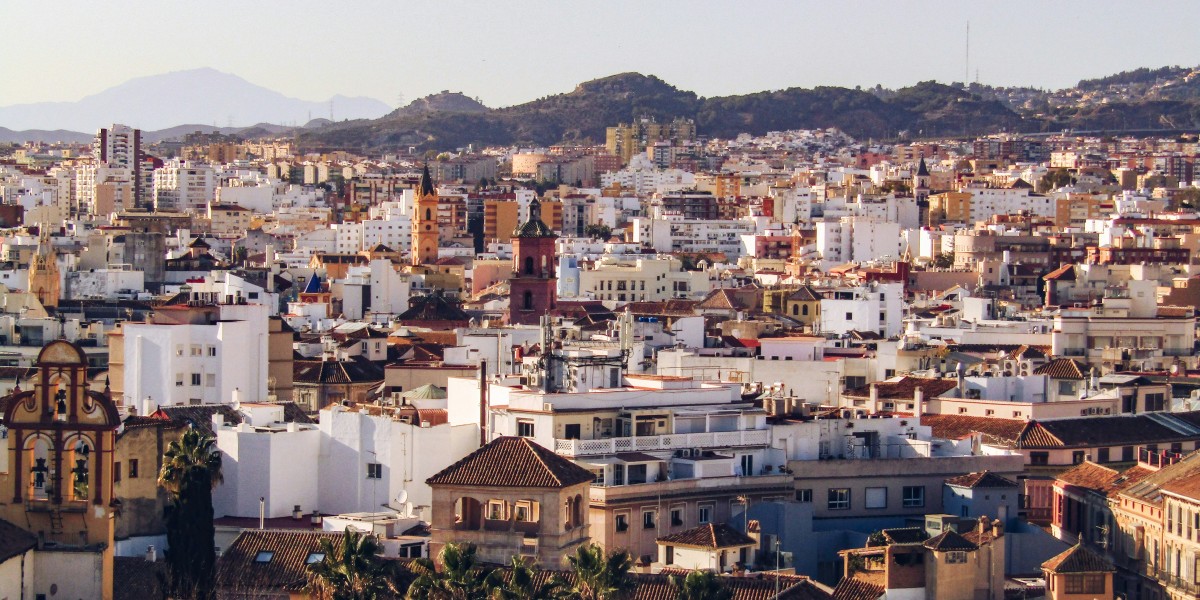
Living in Malaga: pros and cons
When considering a move to a new city, it's important to weigh both the benefits and challenges to make an informed decision. Malaga’s Mediterranean climate is undoubtedly a draw for many. Yet, like any place, the city comes with its own set of pros and cons. Here's what you can expect:
Benefits of living in Malaga:
- Thriving arts and culture scene: Malaga is buzzing with cultural spots like the Picasso Museum, Centre Pompidou, and Teatro Cervantes. There's always something happening to keep you engaged and entertained.
- Diverse international community: the city is home to a welcoming global community, making it easier for newcomers to integrate and build social connections.
- Convenient transport links: excellent transport connections, including the international airport and high-speed train services, make travel both within Spain and to other countries easy and convenient.
Potential drawbacks of living in Malaga:
- Tourist season crowding: during peak tourist seasons, popular areas can become crowded, which can get annoying when you’re trying to get on with your day.
- Limited parking: finding parking can be challenging in the busy city centre due to high demand and limited space.
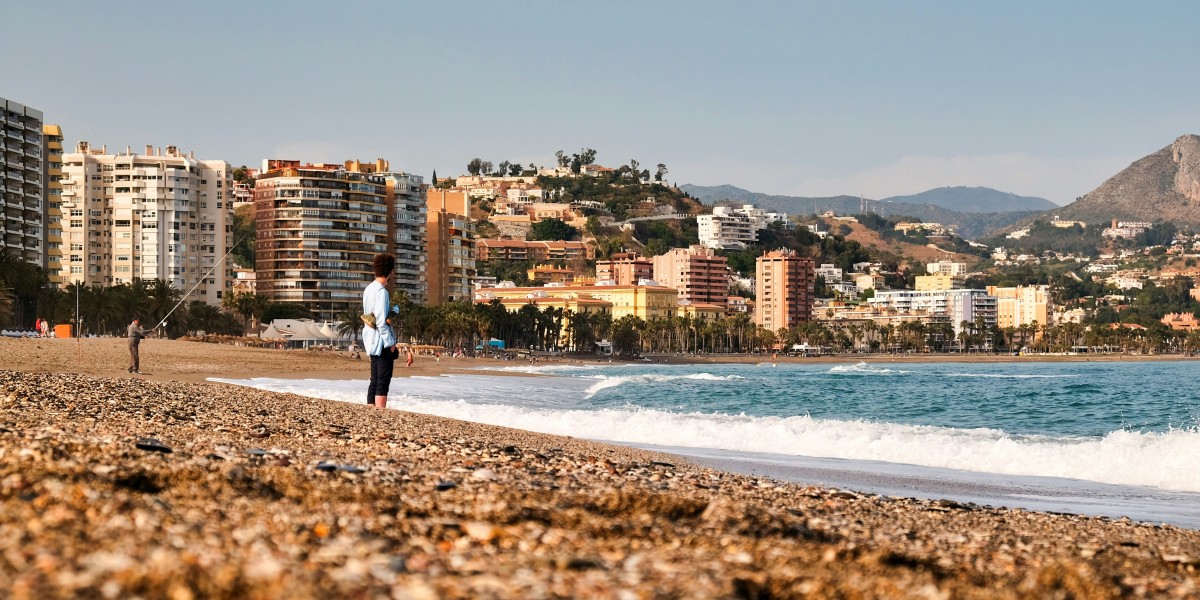
Is Malaga expensive to live?
In Malaga, the cost of living remains budget-friendly, especially when compared to other major Spanish cities like Barcelona. Dining out at a mid-range restaurant typically costs around €50 for two people, and a cappuccino at a local cafe is about €2. Public transport is also easy on the wallet, with a monthly pass costing approximately €25, so you can get around without spending too much.
Property and rental prices in Malaga are relatively affordable when compared to those in other major Spanish cities, although property prices vary, with options ranging from affordable apartments to luxury villas. House prices in Malaga in February 2025 reached an average of €3,301 per m2. On the other hand, homes for rent in the city are on average €15.2 per m2, or around €1,200 per month for an 80 m2 apartment.
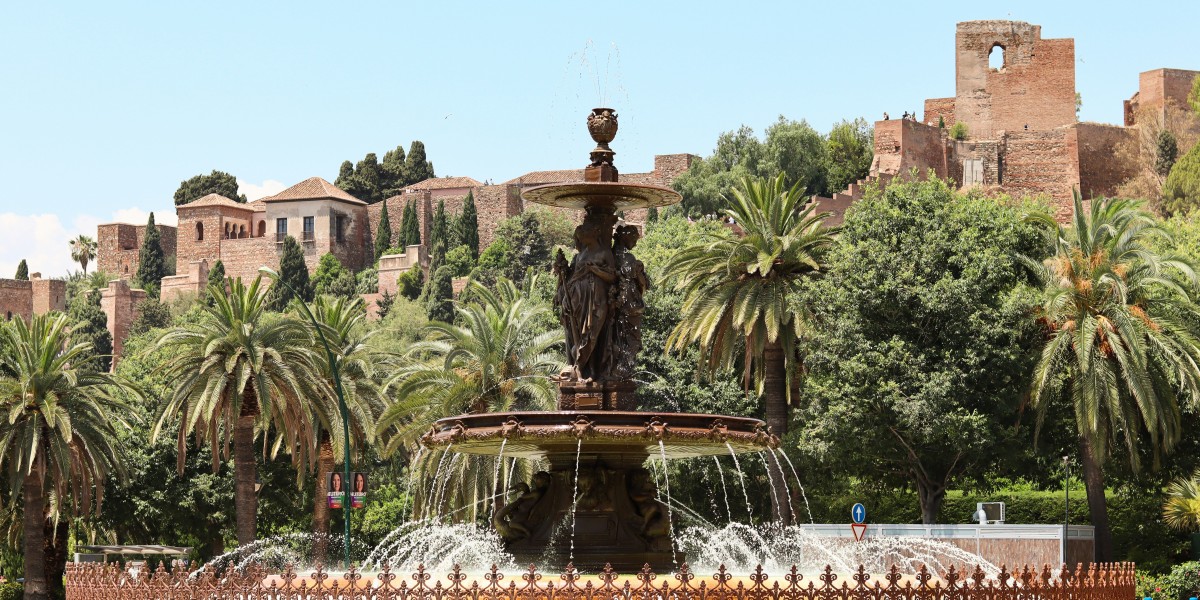
Living in Malaga as an expat
Expats have many options when selecting cities in Spain, ranging from the capital, Madrid, to coastal spots like Barcelona and Valencia. However, Malaga has long been a favoured destination, particularly among Brits and other Europeans. Since the early 1970s, when Costa del Sol began to develop into a tourist region and hub for expatriates. The city's infrastructure has evolved greatly to cater to international residents, its thriving golf community one example.
Today, Malaga offers a wide range of services that make the transition easier for expats. English-speaking healthcare professionals, for instance, including general practitioners, are readily available. The city is also a growing hub for digital nomads and remote workers, providing coworking spaces and networking events. Plus, international meet-ups and social clubs offer foreigners opportunities to connect and make new friends.
Is English widely spoken in Malaga?
While Spanish is the primary language spoken, English is widely understood, especially in areas popular with tourists and expats. Many locals and service providers speak English, making it easier for newcomers to navigate daily life. However, taking Spanish lessons is strongly recommended to better integrate into the community.
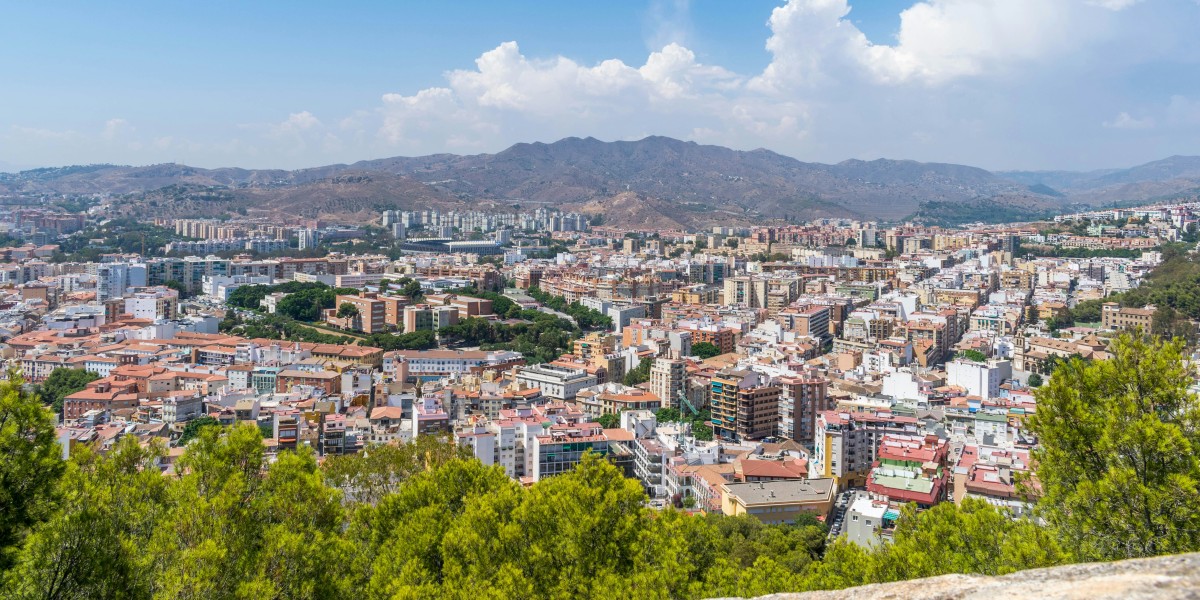
Living in Malaga with kids
Families relocating to Malaga will find numerous international schools offering English-speaking education and extracurricular activities. You’ll also find English holiday camps and a variety of family-oriented activities and services. Private tutoring, football coaching and junior golf camps are just some of the activities that cater to the needs of expat families. The city has various neighbourhoods that are popular with young families, and overall, Malaga is safe to live in - an important factor when raising children.
Living in Malaga vs Alicante
Both cities offer coastal Mediterranean living; however, Alicante is situated on the Costa Blanca in the Valencia region. This gives the Valencian city a slightly different cultural character and natural environment. Property prices in Alicante are slightly lower, and rent is more affordable at €11.9 per m2, or just under €1000 per month on average. Although, you might find dining out can be somewhat pricier in Alicante.
In Malaga, residents can enjoy the active cultural scene with top museums, lively festivals and a diverse expat community. In contrast, Alicante offers a more relaxed lifestyle with outdoor attractions and a laid-back expat community.

Living in Malaga vs Marbella
Less than an hour's drive south along the Costa del Sol, Marbella is synonymous with luxury and exclusivity. It's home to glamorous restaurants, upscale shopping, and beautiful, glitzy beaches. While Malaga offers a more traditional Spanish city vibe, Marbella caters to those seeking a lavish lifestyle with prestigious events and elegant resort living. However, Marbella is more expensive on average, with a higher cost of living and property prices around €5,071 per m2.
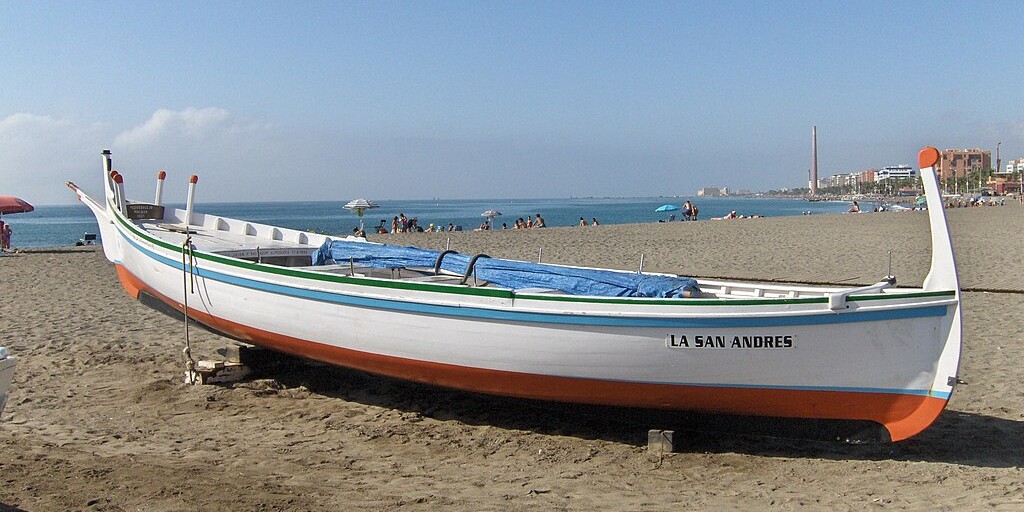
Moving to Malaga
Before relocating, it's helpful to familiarise yourself with the best areas to live in Malaga. Originally a fishermen’s neighbourhood, Pedregalejo has a bohemian feel to it and is full of family-owned seafood restaurants. The modern Teatinos is located by the university and is a popular neighbourhood for families with kids. Living in Malaga’s historic centre is great if you prefer having the city’s attractions, like the Picasso Museum, right on your doorstep.
Understanding local bureaucracy is important; obtaining necessary documentation, like getting a NIE and residency permit, can be a nuanced process. Also, having knowledge of Malaga’s local transit system and available parking areas before settling in can improve your living experience.
